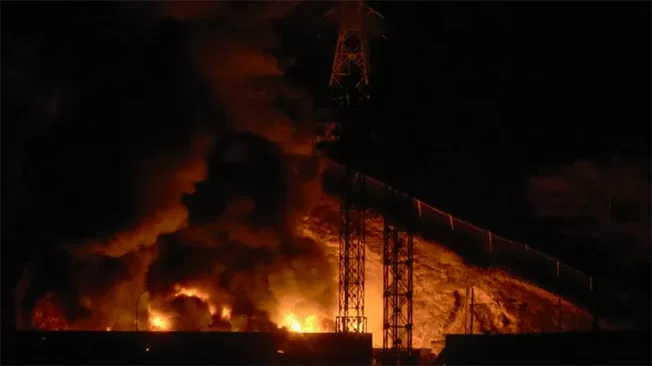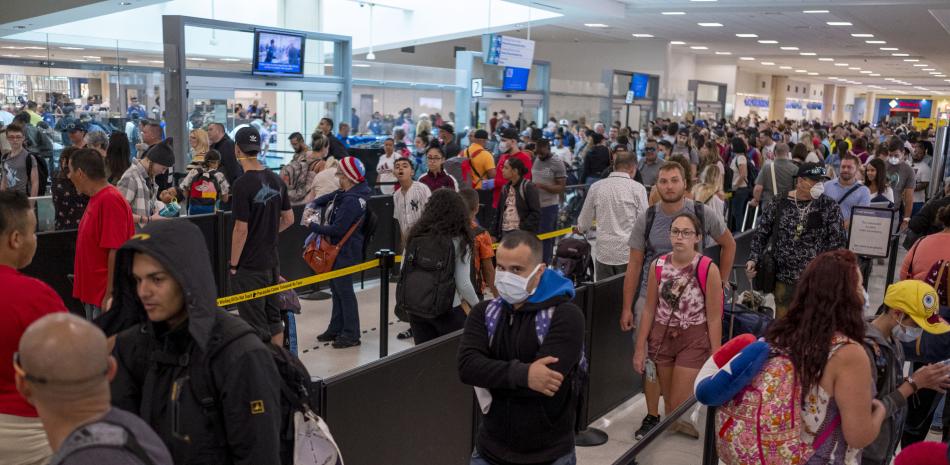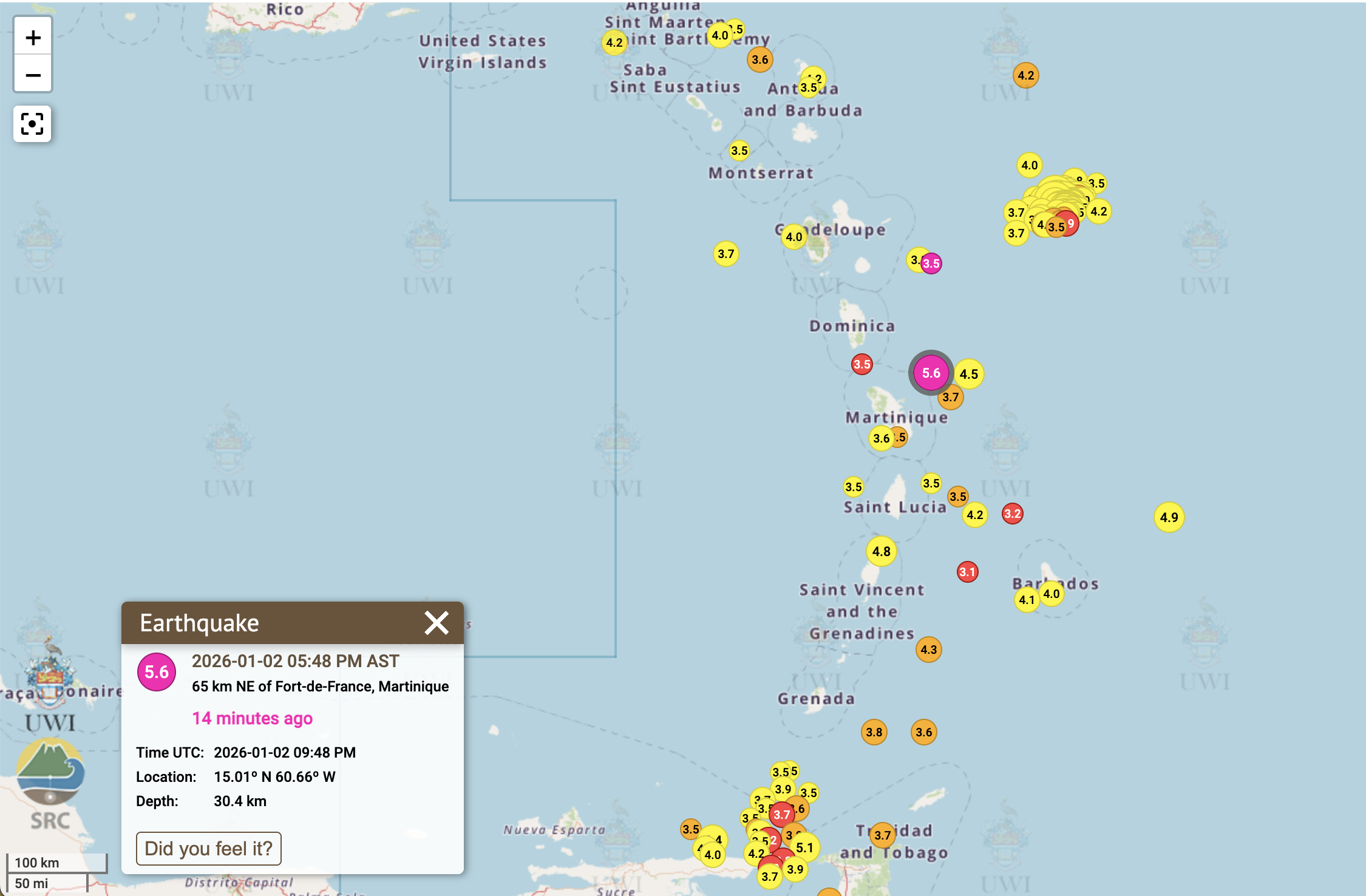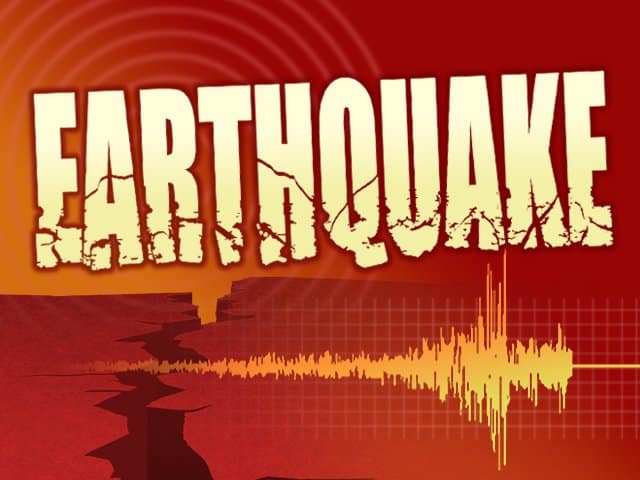Guyana has escalated its national security preparedness in response to heightened military tensions between the United States and Venezuela, President Irfaan Ali announced on Saturday. The activation follows intensive American airstrikes targeting multiple Venezuelan military bases, raising concerns about regional spillover effects.
President Ali confirmed the implementation of comprehensive security measures to safeguard Guyanese citizens, though specific operational details remain classified. This decisive action aligns with earlier presidential warnings regarding potential regional consequences from escalated Venezuela-US hostilities.
Defense Chief Brigadier General Omar Khan maintains continuous communication with regional security partners, with the nation’s full security architecture remaining on heightened alert since early morning. The government has committed to providing public updates as new intelligence becomes available.
Regional diplomatic efforts have intensified through the Caribbean Community (Caricom), whose Conference of Heads of Government convened an emergency session on January 3rd following reports of military operations in Venezuela. Caricom officials expressed serious concern about potential impacts on neighboring states and pledged ongoing monitoring of the volatile situation.
Internal regional divisions have emerged among Caribbean leaders regarding international approaches to the conflict, prompting urgent consultations within Caricom’s governance framework.
Regarding Guyana’s substantial offshore oil production—approximately one million barrels daily—President Ali confirmed coordination with ExxonMobil Guyana President Alistair Routledge. While emphasizing close collaboration with energy operators, the administration withheld specifics about enhanced security protocols for critical offshore infrastructure.









